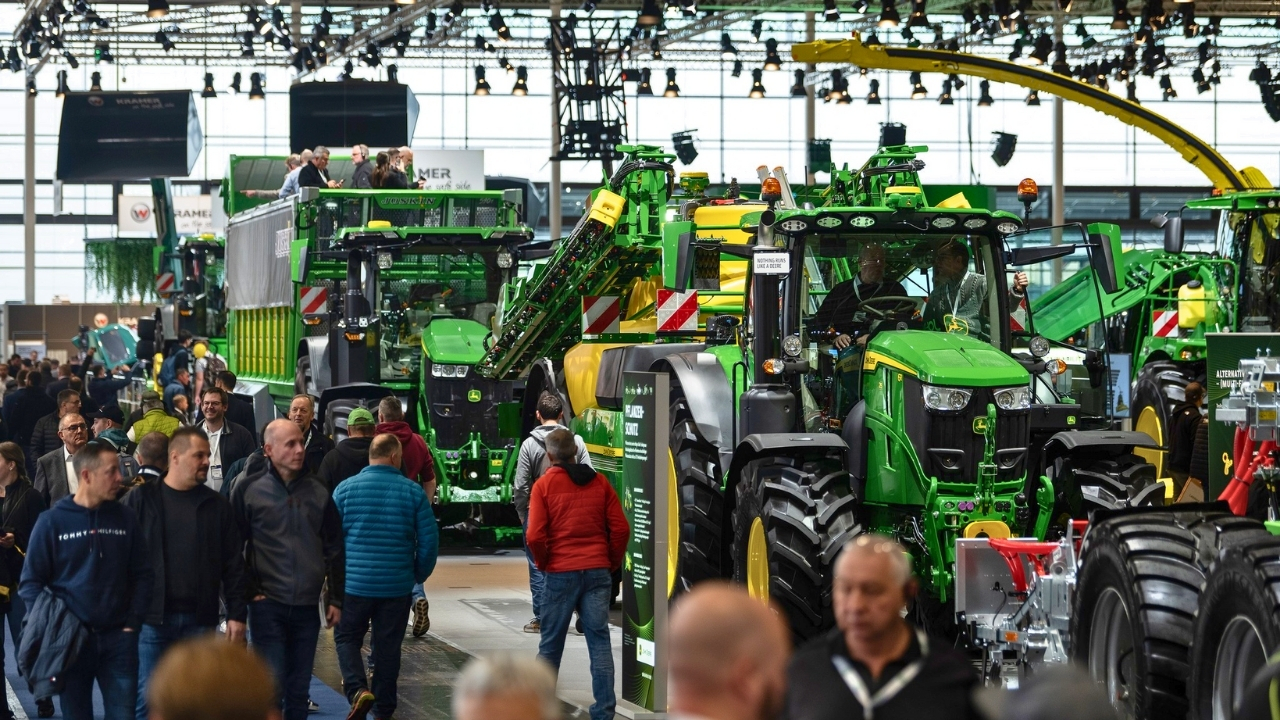
The mood inside Monarch Tractor’s headquarters shifted abruptly when an internal memo announced the company was “at risk of shut down.” Employees gathered around the notice, their unease reflected in the half-closed laptops and anxious glances exchanged across the polished floors. For a company that had once been celebrated as the future of agricultural technology—with over $220 million in investor backing and recognition as one of Forbes’ Next Billion-Dollar Startups—the warning signaled a dramatic reversal of fortune.
Monarch Tractor, a California-based startup, had emerged as one of the ag-tech sector’s most ambitious ventures. Backed by high-profile investors and led by a team that included Mark Schwager, a former Tesla Gigafactory executive, and Carlo Mondavi of the renowned winemaking family, Monarch set out to revolutionize farming with AI-driven, autonomous electric tractors designed for vineyards, orchards, and specialty crops. The company’s vision positioned it as a potential “Tesla of agriculture,” attracting early adopters and setting it apart in a crowded field of agricultural technology startups. By late 2025, that vision was in jeopardy.
From Rapid Growth to Mounting Struggles
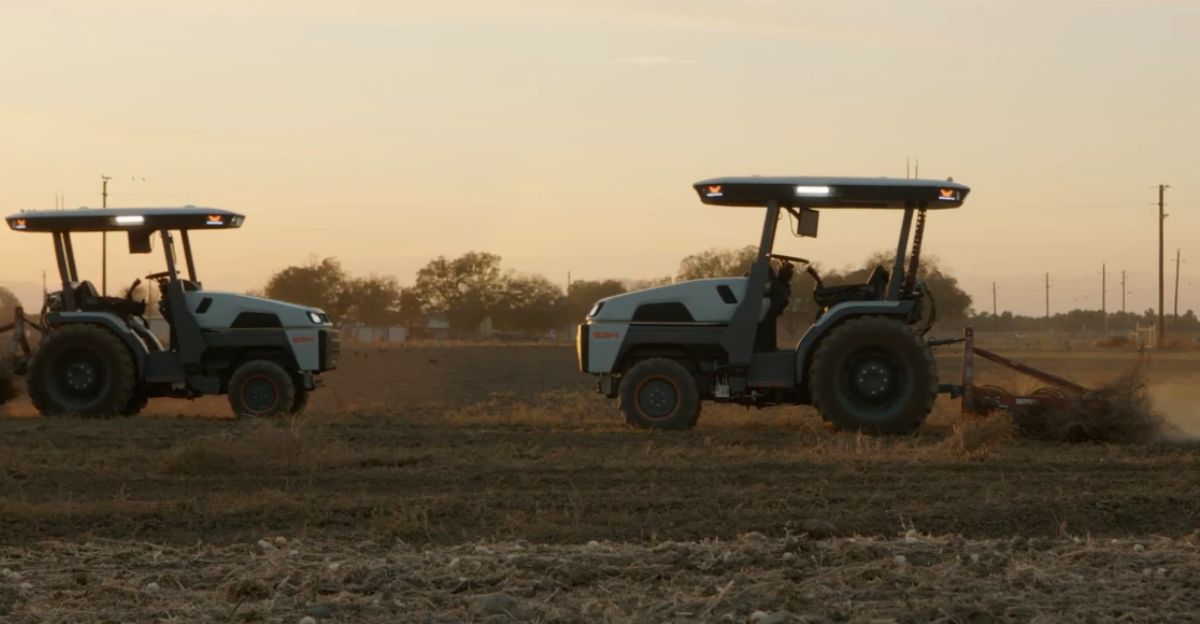
Monarch’s early years were marked by explosive growth. The company’s ambitious goals required significant capital investment. This aggressive capital raise—the $133 million Series C in 2024 was the largest funding round in agricultural robotics history—fueled global hiring, rapid product development, and an expansion into software and licensing markets. By 2024, Monarch had shipped approximately 500 autonomous electric tractors to customers worldwide and grown to roughly 300 employees across California, India, and Singapore.
However, the costs of scaling hardware production and perfecting autonomous technology proved immense. By late 2024, Monarch began to feel the strain. The company cut more than 10% of its workforce and initiated a major restructuring plan, moving away from manufacturing-focused revenue toward software licensing as hardware expenses soared. Teams in the U.S., India, and Singapore experienced layoffs and significant uncertainty.
Customer complaints soon followed. Some growers reported inconsistent autonomy performance, leading to legal disputes over whether the tractors delivered on their promises. An Idaho dealership, Burks Tractor, filed a lawsuit alleging that Monarch’s tractors were unable to operate autonomously and suffered from core defects. The suit claimed financial losses from unsellable inventory and mounting interest payments on non-functional units. Supply chain disruptions and rising costs compounded the challenges, forcing Monarch’s leadership to make difficult decisions as the company’s financial position weakened.
A Critical Blow: Foxconn’s Unexpected Exit
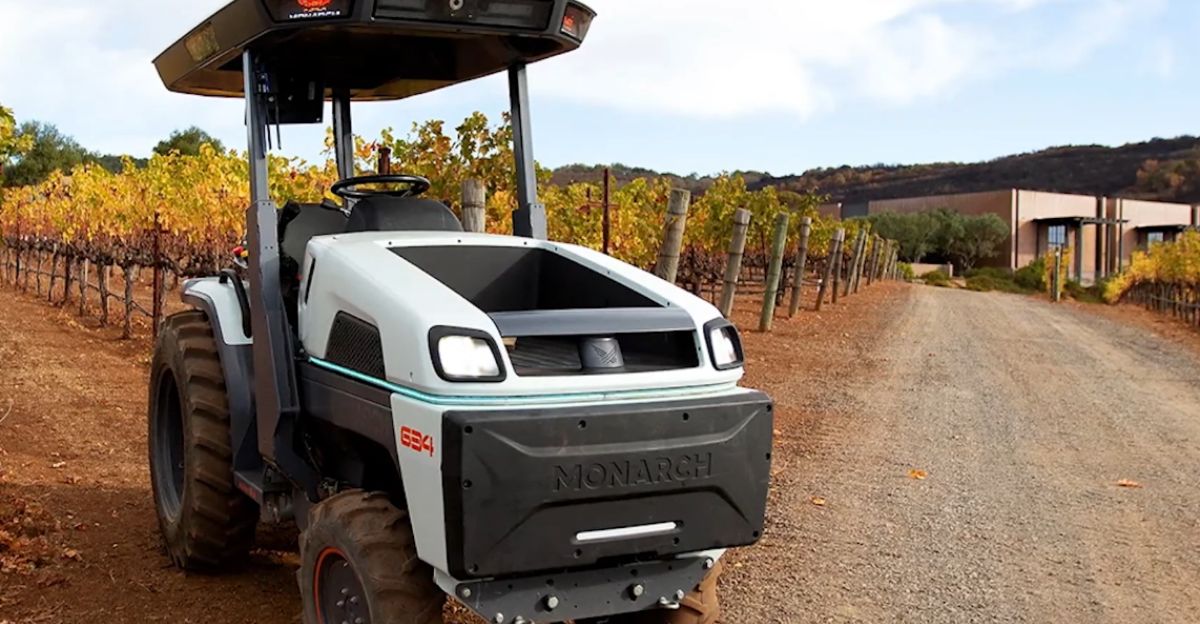
The most significant setback came in August 2025, when Monarch lost its contract manufacturer, Foxconn. As one of the world’s largest electronics producers, Foxconn had been Monarch’s sole manufacturing partner, enabling mass production of its tractors at the company’s Lordstown, Ohio facility since 2023. When Foxconn sold the facility to SoftBank for conversion into an AI data center, the abrupt end of the manufacturing partnership left Monarch unable to continue hardware production. This forced an emergency pivot to a software-only business model.
Without Foxconn, Monarch’s revenue streams from new tractor shipments vanished overnight. The company’s transition to software licensing was not yet complete, leaving it exposed to potential collapse. The internal memo warning of potential shutdown underscored the urgency of the situation.
For California’s farming community, the fallout was immediate and concerning. With approximately 500 Monarch tractors operating in the field, growers faced the risk of unsupported equipment. These machines depend on software updates, parts replacement, and specialized maintenance—services now in jeopardy as Monarch contracted. Dealers and early adopters, who had invested significant capital in Monarch’s vision of sustainable agriculture, were left uncertain about the future of their equipment and warranty protections.
Human and Industry Impact
The company’s WARN notice put 102 employees at risk of layoff, affecting teams across California, India, and Singapore. Many workers, skilled in robotics and autonomous systems development, faced an uncertain job market. The atmosphere inside Monarch was tense, with employees describing a sense of bracing for impact after earlier rounds of layoffs in 2024.
Leadership instability added to the turmoil. Co-founder Mark Schwager stepped back from daily operations in July 2025, though he remained on the board. CEO Praveen Penmetsa shifted Monarch’s focus to software licensing, aiming to monetize the company’s AI and autonomy systems by partnering with established equipment manufacturers. However, the timing of this pivot—initiated just months before Foxconn’s exit—raised concerns that the transition had come too late and failed to account for the company’s reliance on a single manufacturing partner.
Monarch’s struggles unfolded against a backdrop of volatility in the ag-tech sector. Established competitors like John Deere launched increasingly sophisticated autonomous tractors while also restructuring operations and cutting costs. Monarch’s near-complete dependence on Foxconn as a sole contract manufacturer left it especially exposed to supply chain disruptions, highlighting the fragility of hardware-dependent startups in a competitive, capital-intensive global market.
Legal and Market Headwinds
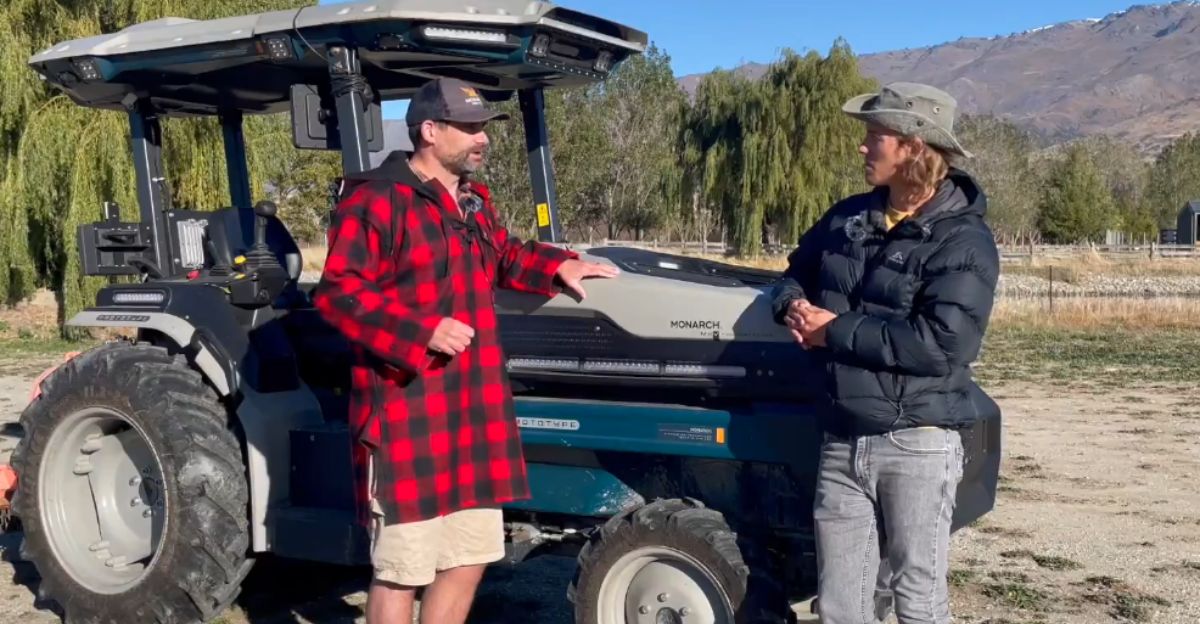
The broader ag-tech market weakened significantly in 2025 as multiple headwinds converged. High interest rates, which had climbed approximately 2.5 percentage points higher than 2022 levels, made large equipment purchases substantially less attractive to farmers. U.S. farm income declined 28 percent between 2022 and 2024, reducing farmers’ purchasing power. Investors grew cautious after a series of robotics and autonomy startups failed to scale, and Monarch, with its high burn rate and hardware-first approach, was hit hard by market skepticism.
The California wine region—Monarch’s primary target market—experienced additional pressures in 2024. The state’s wine grape crush dropped 24 percent to its lowest level in 20 years, leaving vineyard operators with reduced revenues and diminished capacity to invest in equipment. This market downturn directly reduced Monarch’s addressable customer base at a critical moment.
By 2025, the company’s business model had shifted dramatically. Approximately 70 percent of Monarch’s revenue came from licensing arrangements rather than tractor sales, signaling a steep decline in its core hardware business. Legal challenges further threatened Monarch’s future, with dealers across multiple states reporting slow support, limited parts availability, and unclear warranty commitments—concerns that intensified after Foxconn’s departure.
Looking Ahead: Uncertain Prospects
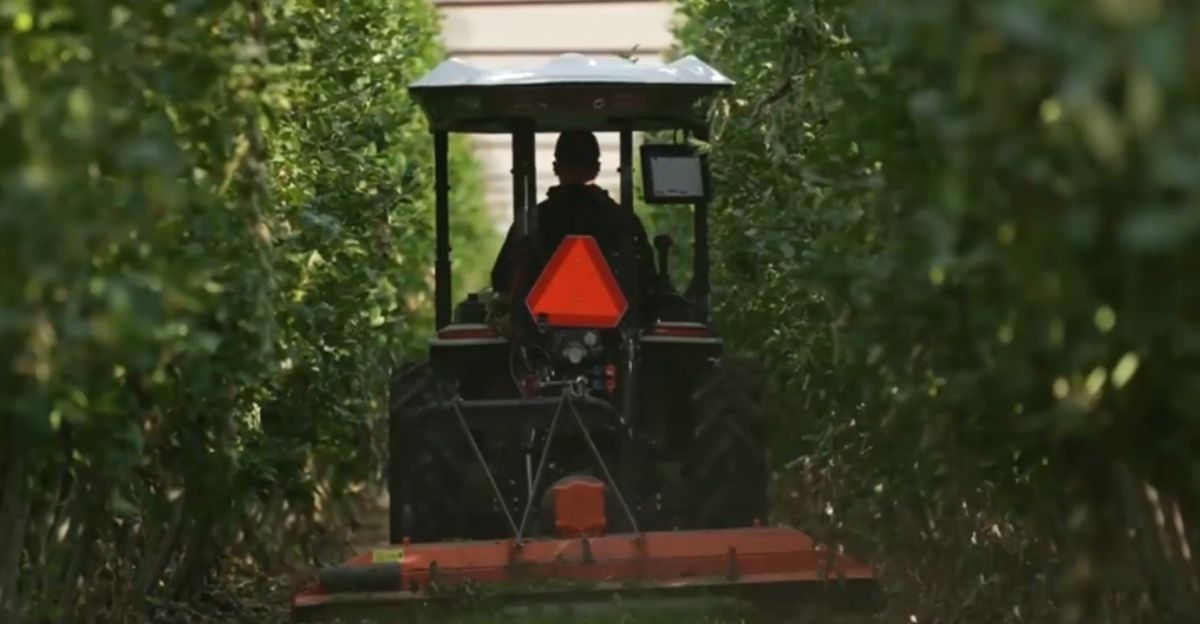
Monarch’s remaining hope lies in its software-only strategy. The company aims to license its AI and autonomy technology to established manufacturers, preserving its intellectual property and potentially generating sustainable revenue streams even if direct hardware production ceases. However, success depends on quickly replacing lost revenue, restoring investor confidence, and proving the value of its software stack in a crowded market where larger competitors possess deeper resources and established customer relationships.
Analysts warn that Monarch’s challenges reflect broader skepticism about autonomous agricultural vehicles as near-term investment opportunities. The capital requirements for hardware development, slow farmer adoption rates, thin profit margins, and the difficulty of competing against established manufacturers have plagued hardware-first ag-tech startups. The company’s experience—raising $220 million while shipping approximately 500 tractors—illustrates the capital-intensive economics of scaling farm robotics.
As Monarch faced a 60-day countdown to mass layoffs or potential closure, the stakes extended beyond the company itself. The outcome could reshape investor confidence in agricultural robotics startups, influence the pace of innovation in autonomous farming, and determine whether Monarch’s ambitious experiment in sustainable, autonomous agriculture ends in survival, acquisition, or collapse. For the ag-tech sector, Monarch’s fate would serve as a cautionary tale about the challenges of hardware-heavy business models in capital-constrained environments